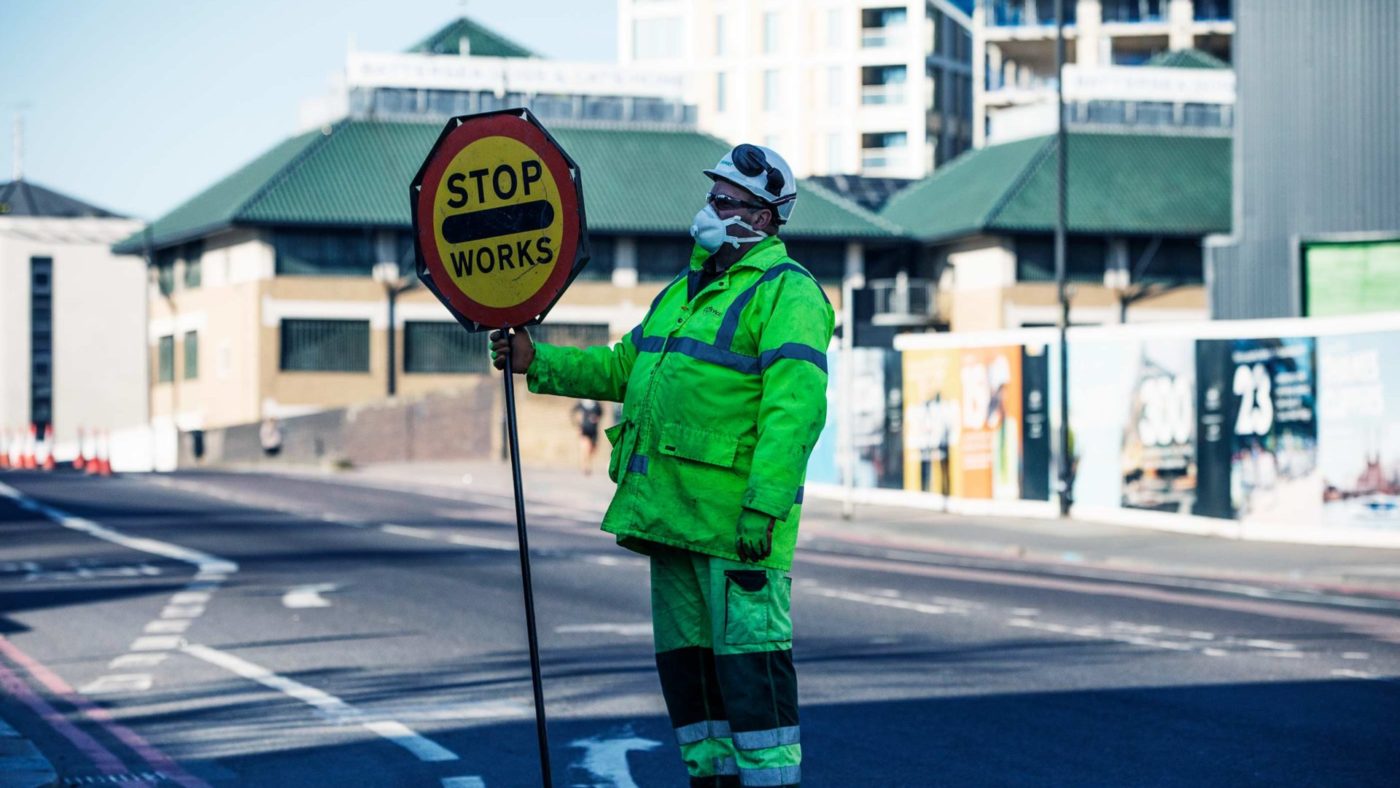After the 2008 financial crisis, there was no shortage of “hindsight sages”, who, supposedly, had been warning us about this for years, and had now been tragically vindicated.
But whenever you looked up the actual publications of any of these wannabe Cassandras, you would invariably find that they had not “predicted” anything. They had just written generic anti-capitalist rants full of fashionable platitudes, waffling about “casino capitalism”, “corporate greed” and “neoliberal fundamentalism”, without saying a word about the very specific causes of this very specific crisis. A lazy, superficial diatribe against capitalism is not a prophecy, it’s a Comment is Free article. It’s every George Monbiot article, and every Paul Mason article, ever written. They had been vindicated only in the same way a horoscope might occasionally ‘come true’.
Something similar is happening today, in the wake of the corona crisis. This time, it is economic nationalists and “communitarians” who are feeling vindicated. “How’s your globalisation coming along, liberals?”, they ask. “Open borders, hypermobility and globe-spanning supply chains are working a treat right now, eh? See, we told you that a borderless world would leave us vulnerable and exposed. But you wouldn’t listen. All you saw was the cheap flatscreen TVs.”
In a trivial sense, they are right. Had this virus developed fifty years earlier, it might never have reached us (unless a group of Maoist students from Britain, France or West Germany had picked it up on a backpacking trip). China was a hermit kingdom, and an economic non-entity. There was no such thing as a “Chinese tourist”, because virtually nobody in China who was not a high-ranking party official could afford to travel abroad.
Conversely, if Britain were completely isolated from the outside world today, it would also have been possible to keep the virus out. North Korea seems to have managed so far (although their figures are, for obvious reasons, not massively reliable).
“That’s a ridiculous straw man argument”, I hear you say. “Nobody is saying that we should have no trade with China whatsoever. Nobody is saying that there should be no cross-border movement of people whatsoever. This is about moderation. We want those things – just not in excess.”
But this is where the problems start. What sort of trade restriction, what sort of travel restriction, or what sort of immigration restriction do you think would have kept the coronavirus out? The number of COVID-19 cases in a country is not proportional to that country’s trade volume with China. It is not a function of the number of laptops, printers or trainers with a “Made in China” label. You cannot keep it out with tariffs or import quotas.
What about the economic effect of the disruption of international supply chains?
That was indeed the problem two months ago – but it now seems utterly trivial, in comparison. International supply chains are not the issue. They have held up remarkably well, all things considered. The economic damage inflicted by the coronavirus consists, first and foremost, of the fact that it has paralysed domestic economic activity. Here. In Britain. That is a vastly bigger issue than delayed orders from China.
How about travel?
If we could turn back the clock by four or five months, most governments (and definitely the Italian government) would obviously impose severe restrictions on travel to and from China. But if we had known then what we know now, even the keenest advocate of open borders would have accepted such temporary restrictions. The point is that we did not know that. Which is why nobody was advocating such measures at the time.
The disease was, most likely, brought to northern Italy by Chinese tourists, and then spread rapidly from there. What general policy lessons can we learn from that? None, of course. Communitarians may feel queasy about people moving around, but even they never suggested that we should pre-emptively clamp down on all tourism, on the off chance that one day it might help contain a deadly novel virus.
What about immigration controls? Irrelevant, in this context. Over the past four years, we have mainly been arguing about how to make it harder for Polish plumbers and Lithuanian construction workers to come here, because of the perceived impact on domestic wages. Those are not exactly pandemic control measures.
COVID-19 does not confirm, and it does not refute any particular worldview. Nobody has been “vindicated”, and those who think they have been are displaying a combination of confirmation bias and hindsight bias. The truth is coronavirus has caught pretty much everyone off-guard, and nobody should pretend otherwise.
Click here to subscribe to our daily briefing – the best pieces from CapX and across the web.
CapX depends on the generosity of its readers. If you value what we do, please consider making a donation.


